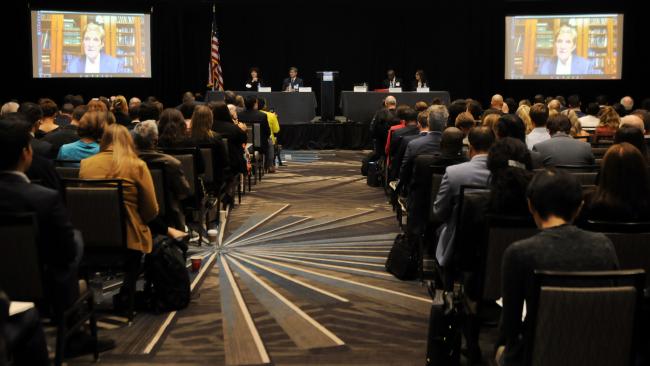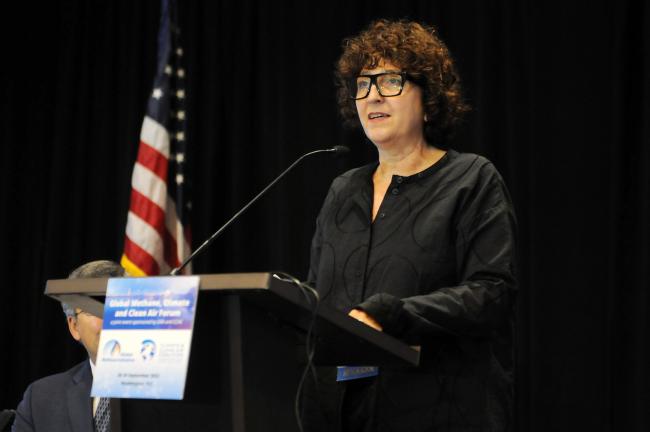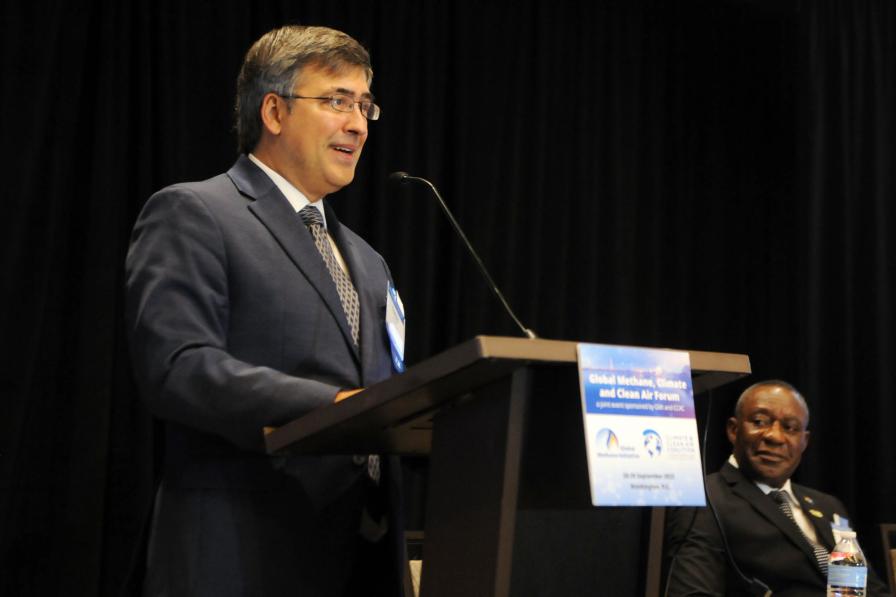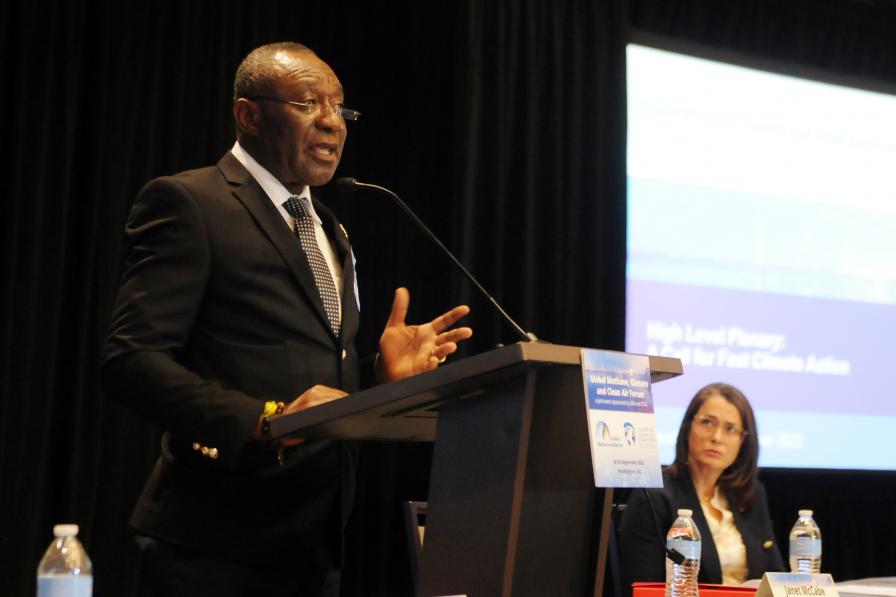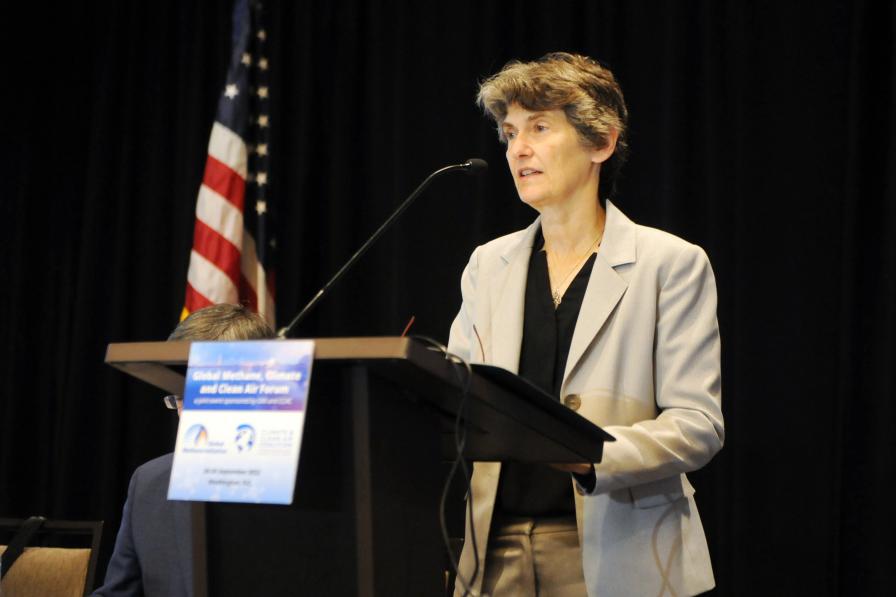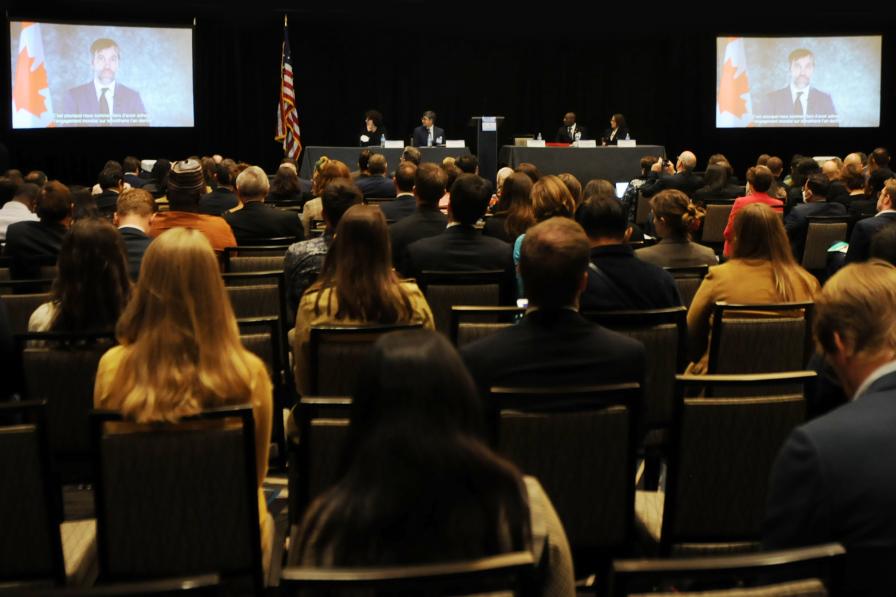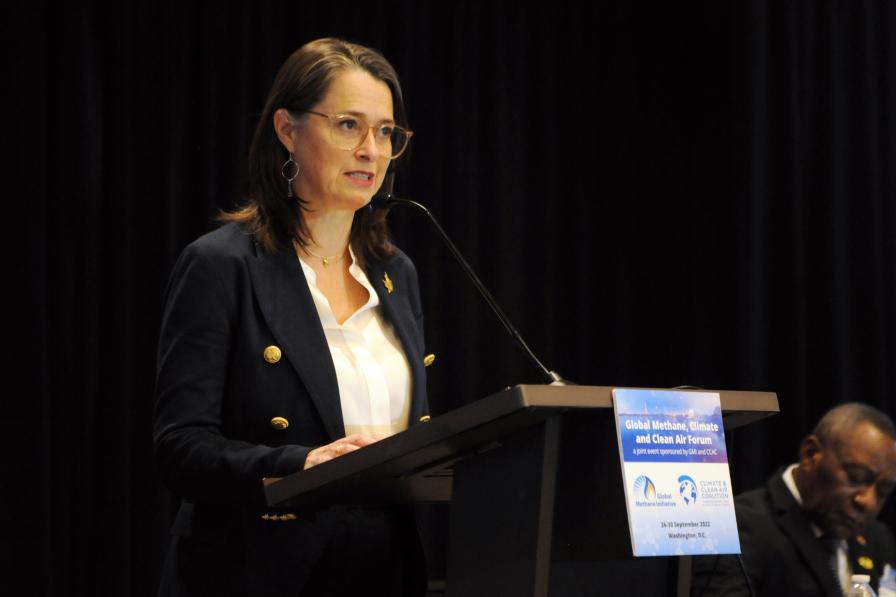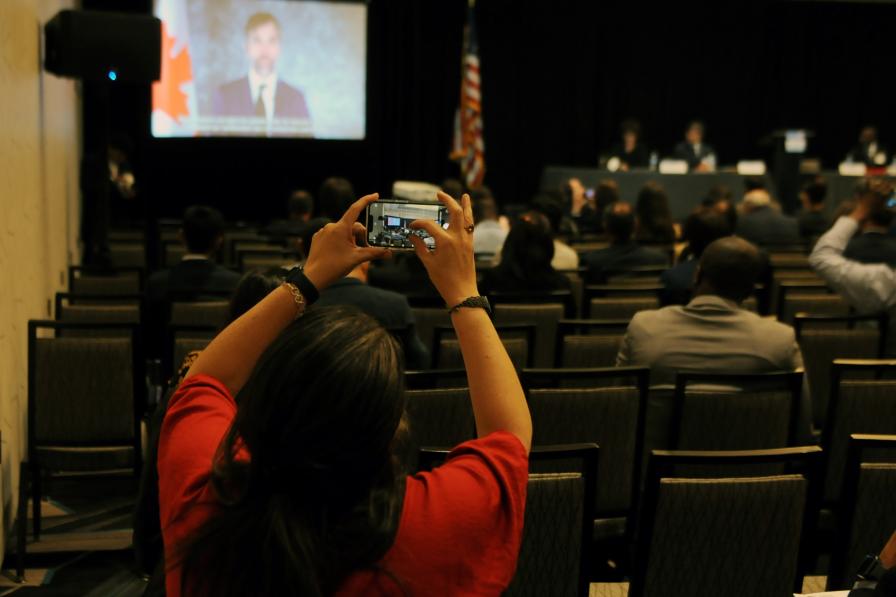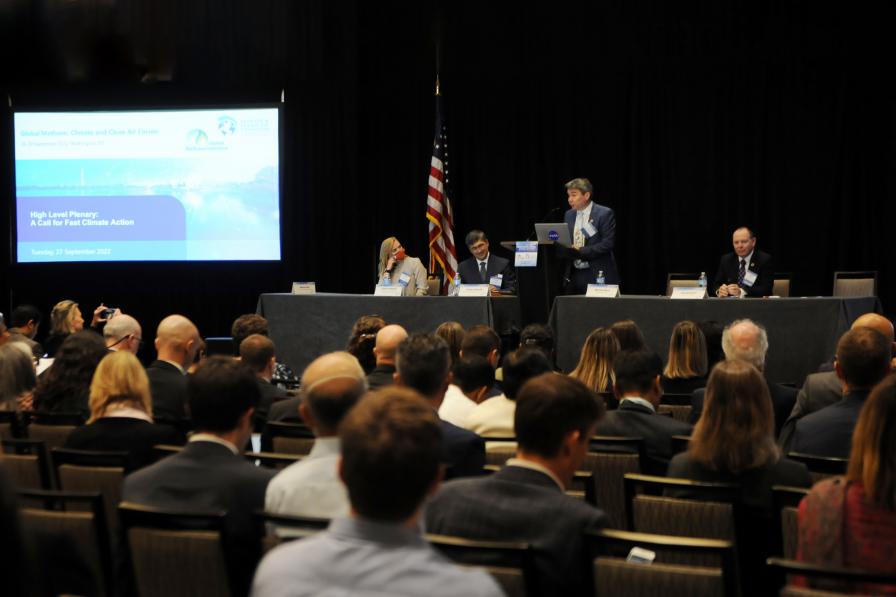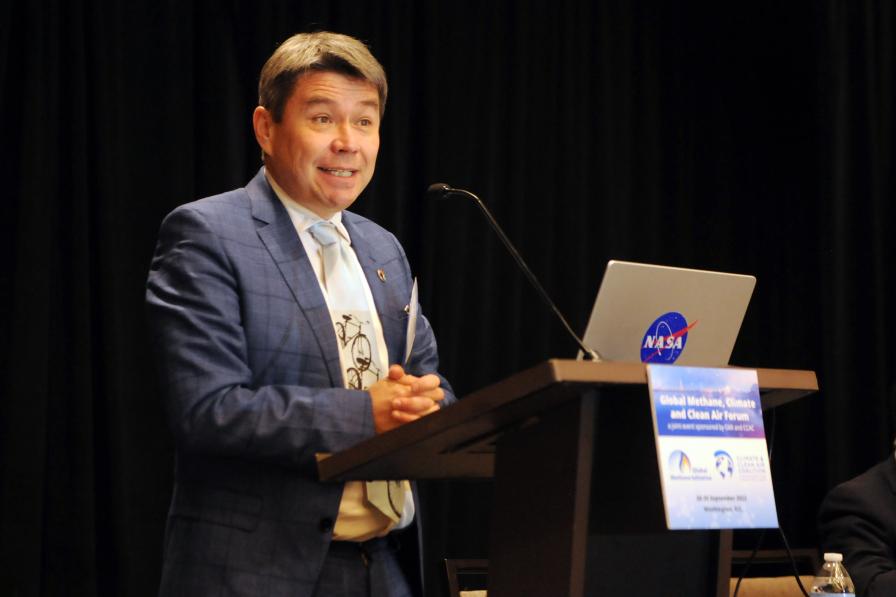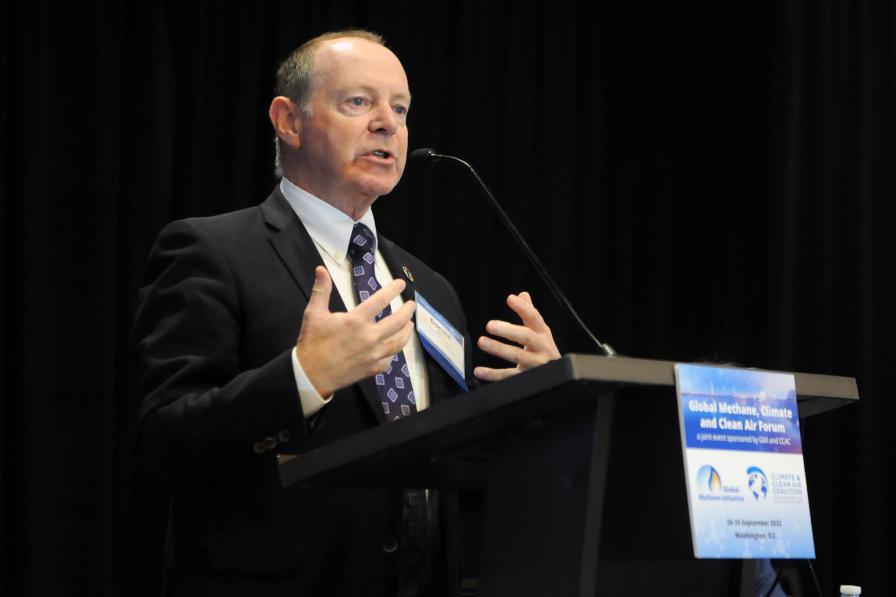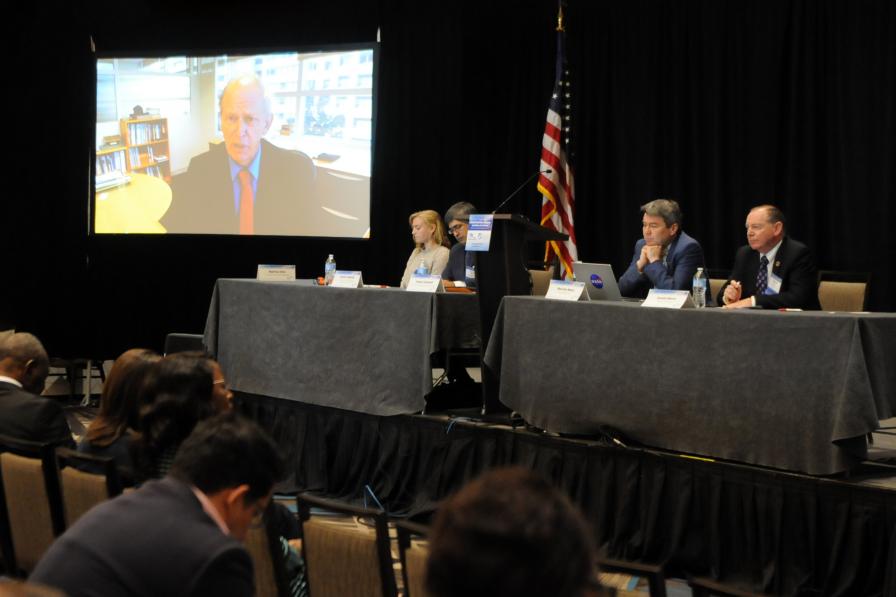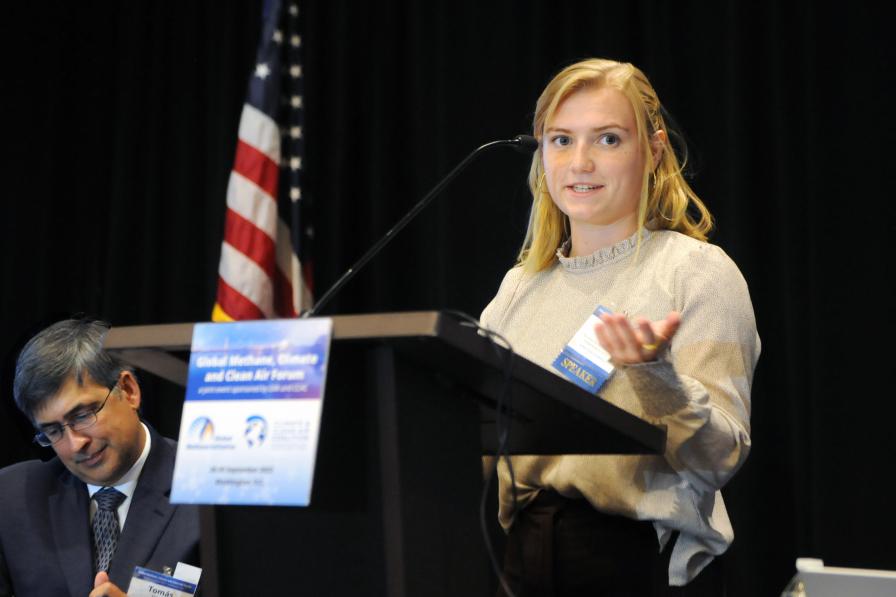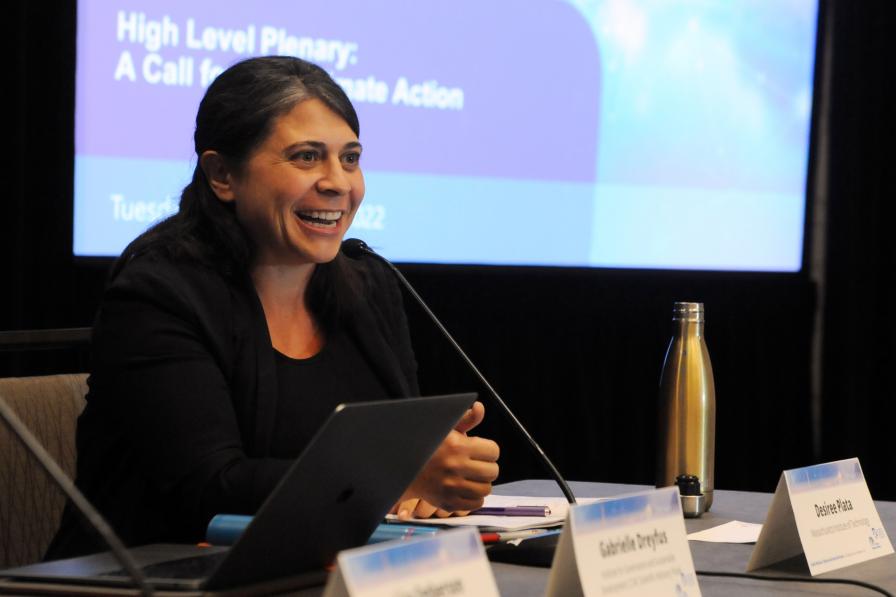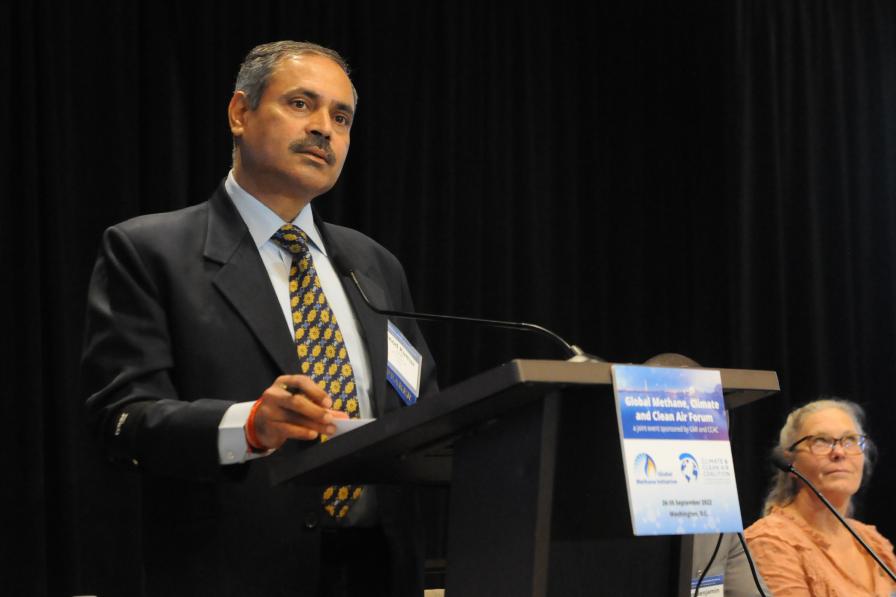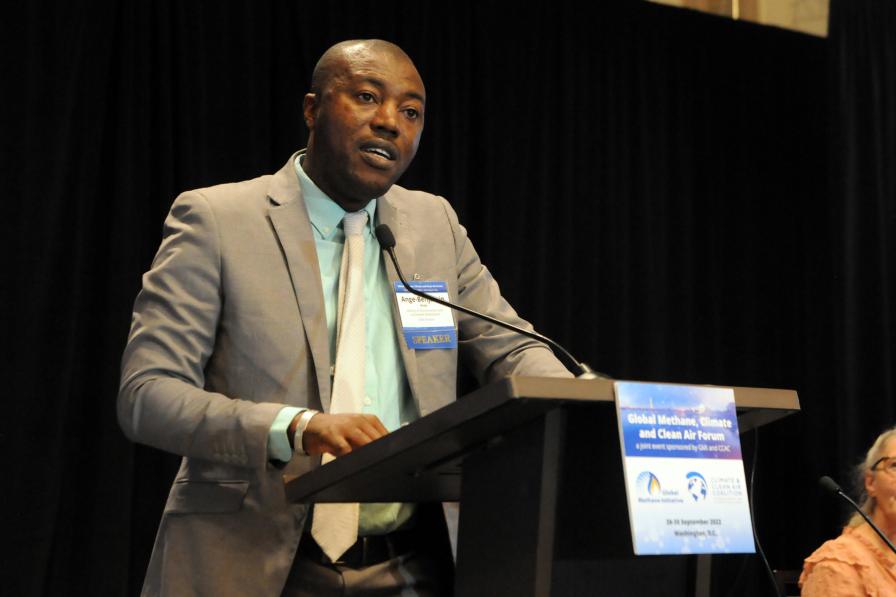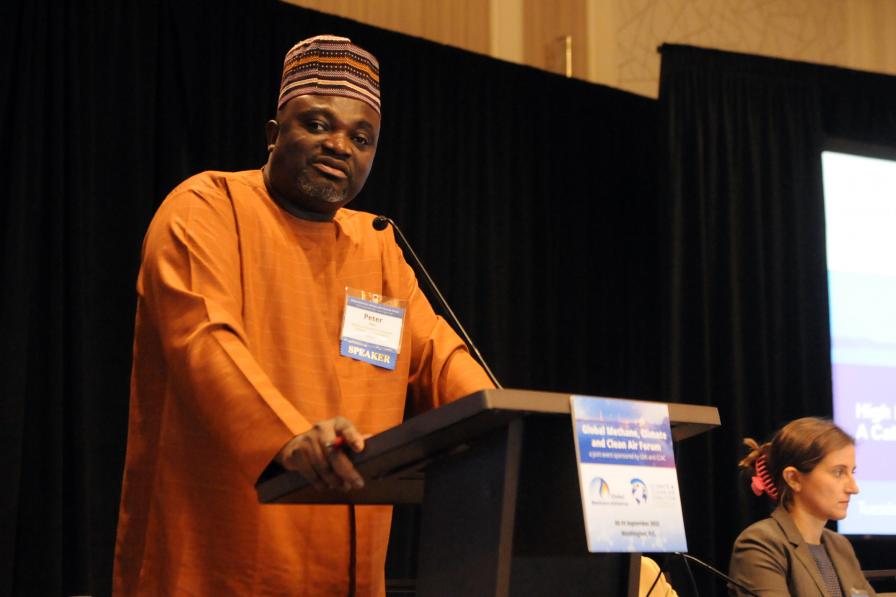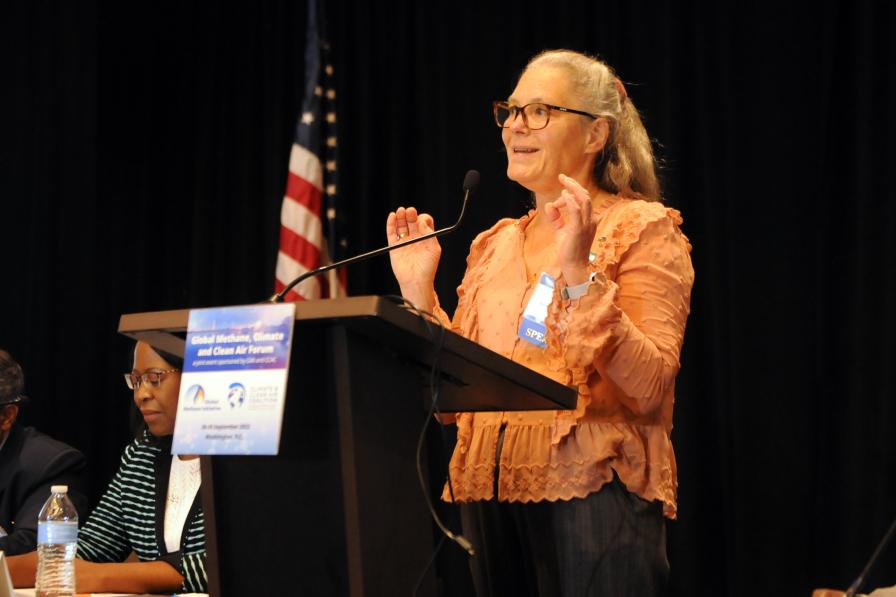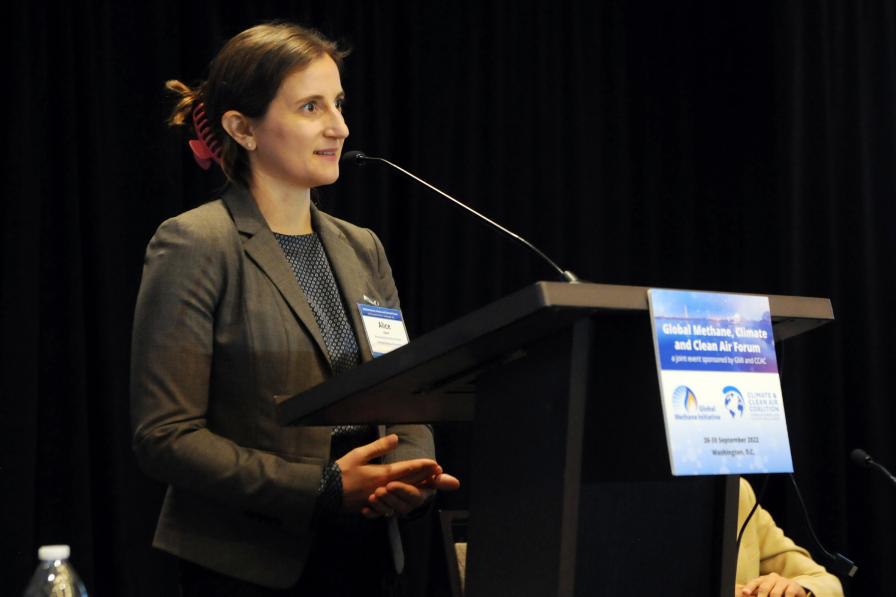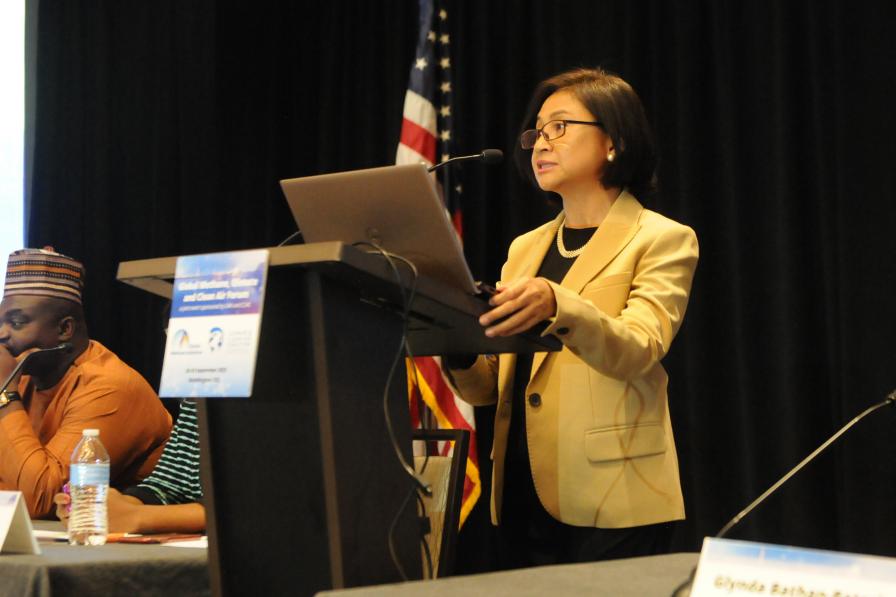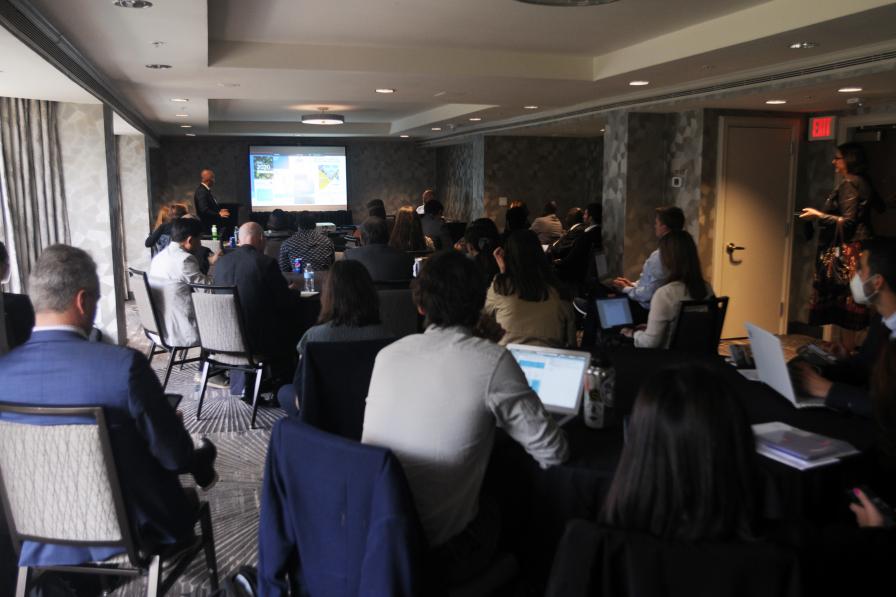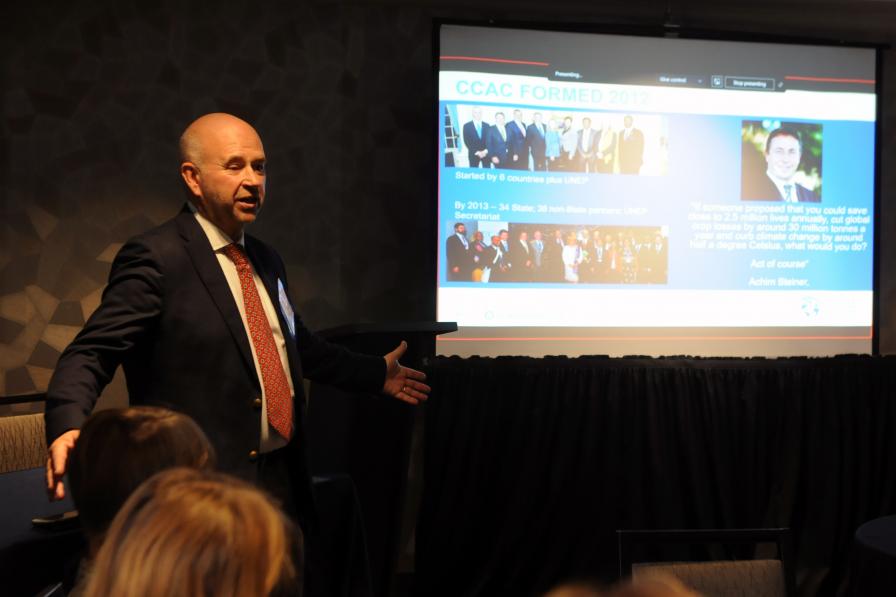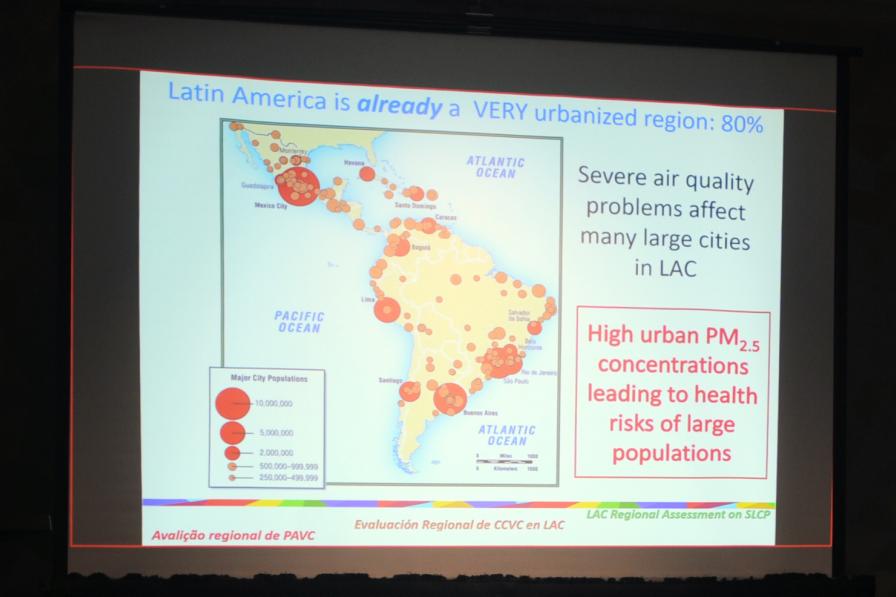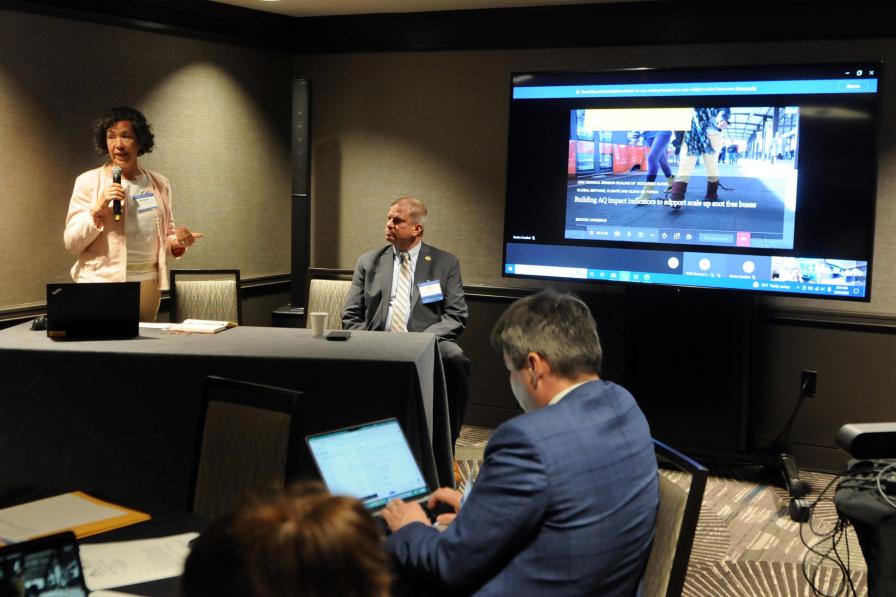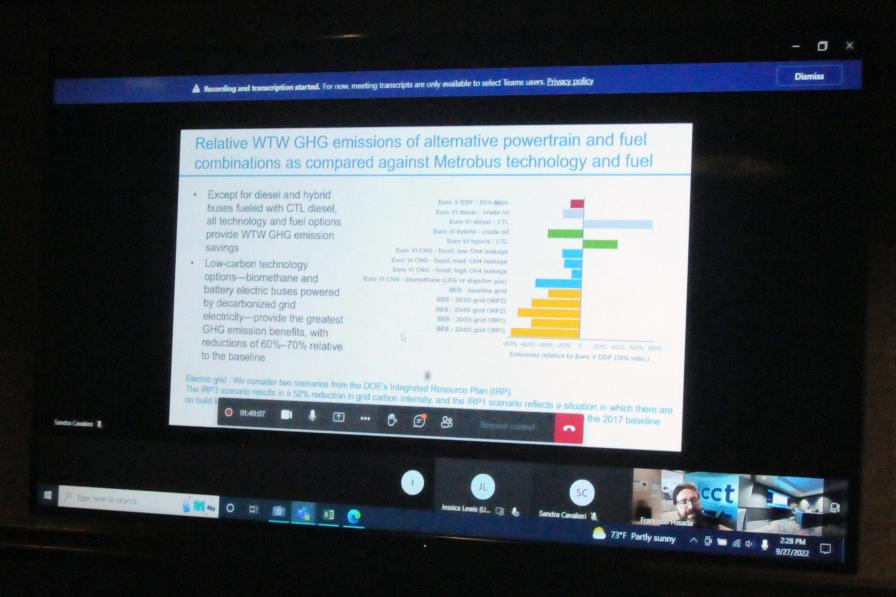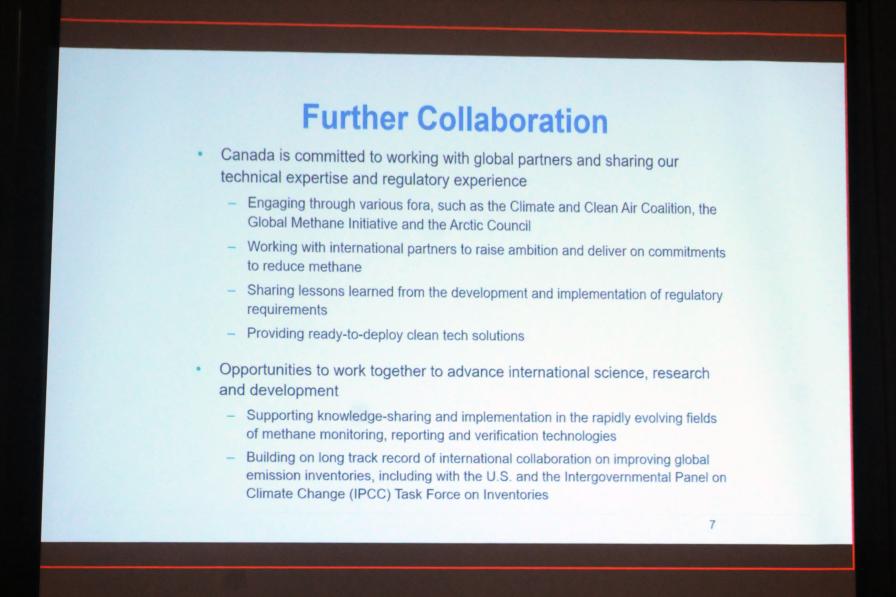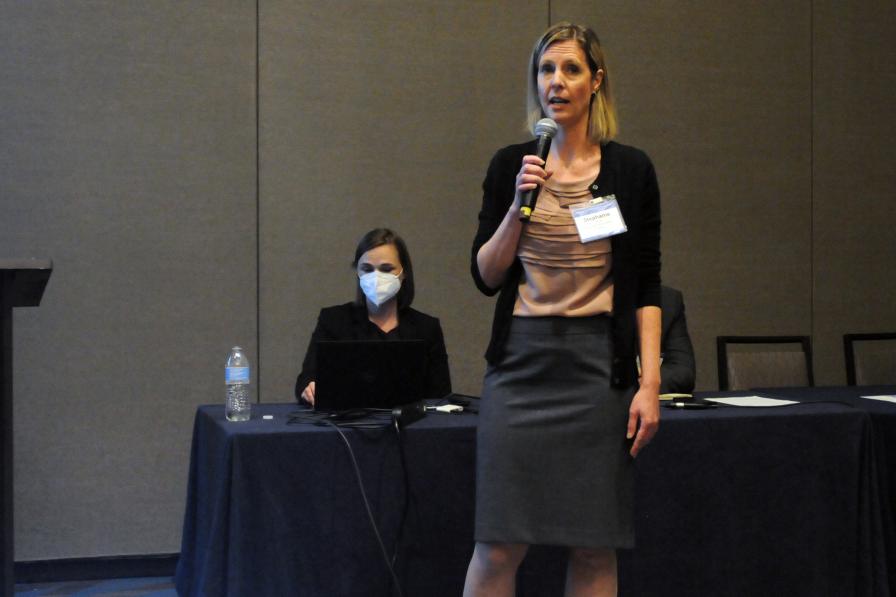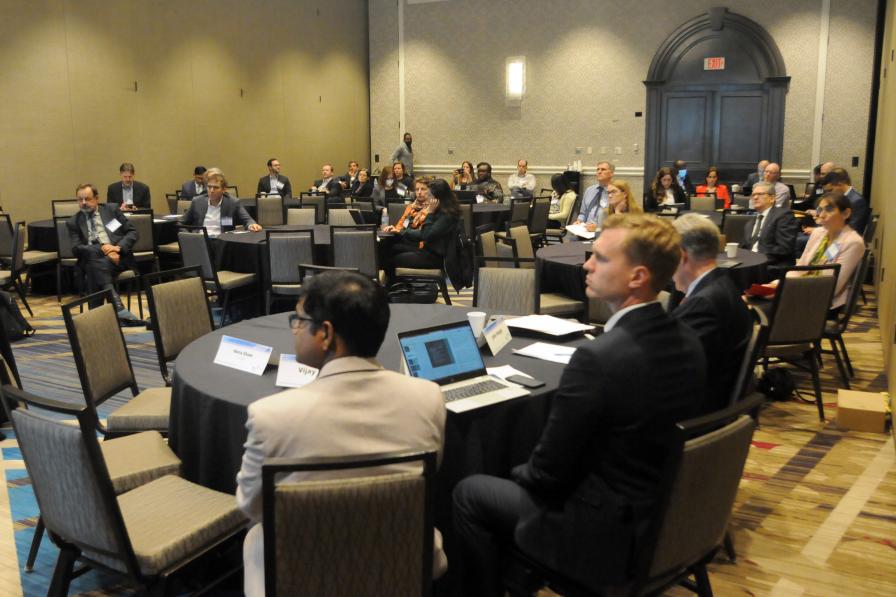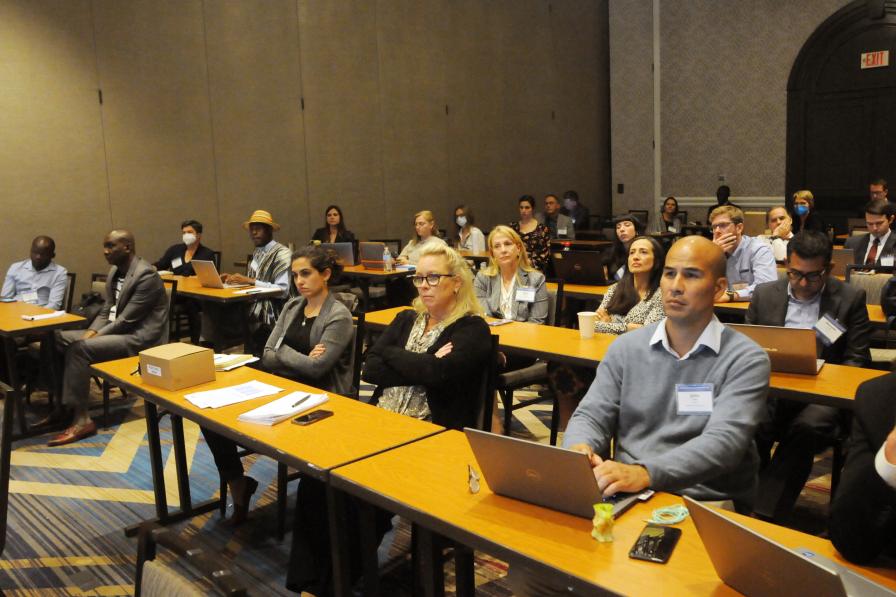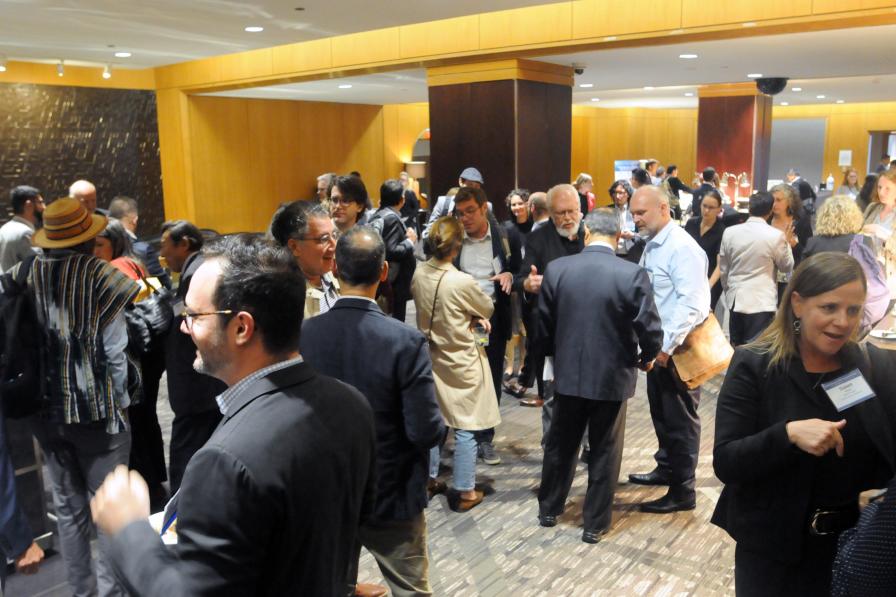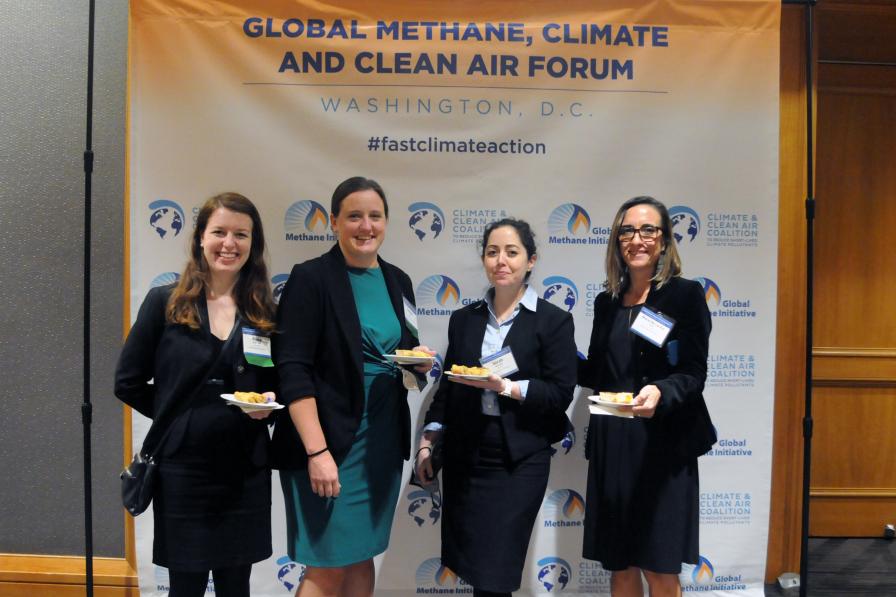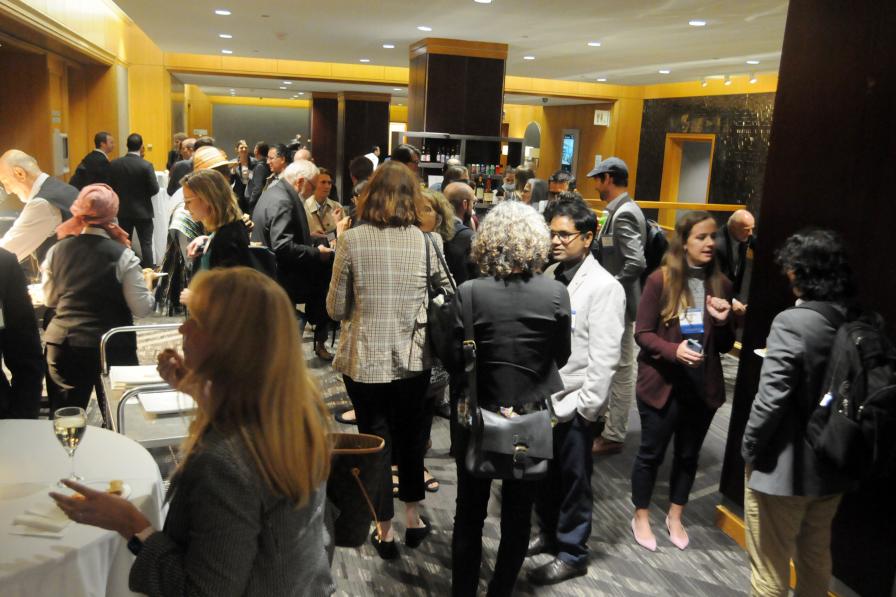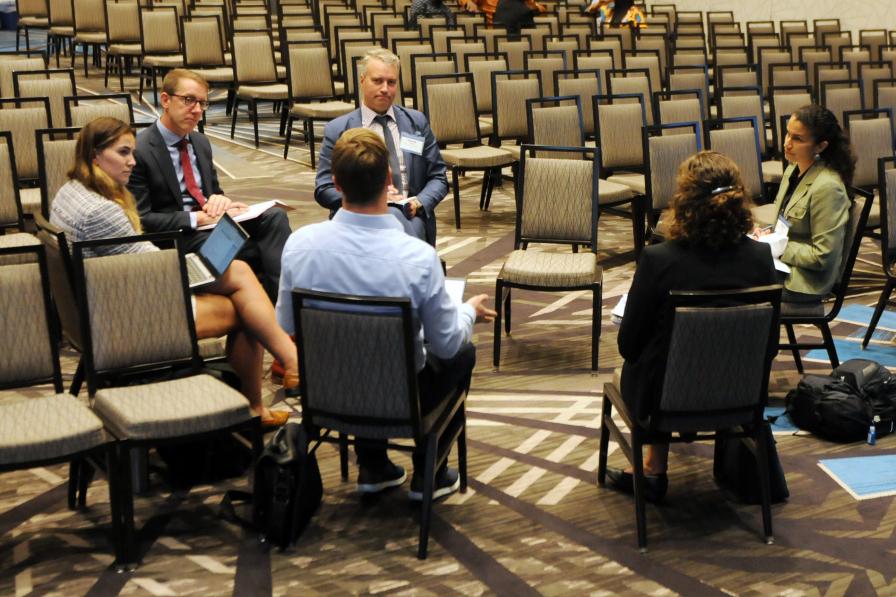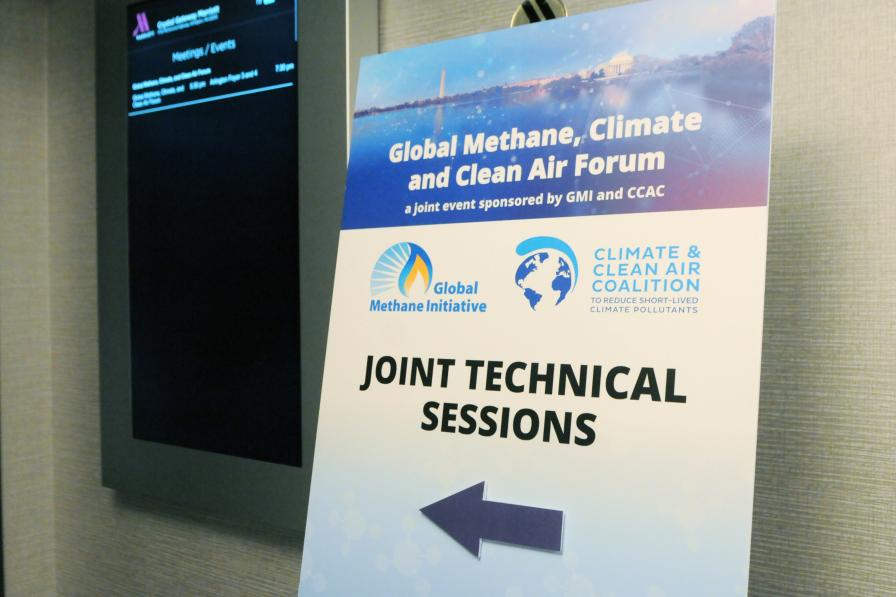The Global Methane, Climate and Clean Air Forum opened to a packed room, with nearly a thousand people convening to discuss policy options for quickly cutting methane and other short-lived climate pollutants (SLCPs).
In the morning, participants heard from several keynote speakers on national and international initiatives for methane action, including from the United States (US), Canada, and Ghana, as well as on sector-specific initiatives. John Kerry, Special Presidential Envoy for Climate, US, stressed the need to reduce methane and other SLCPs, pointing to a soon-to-be-published UN Environment Programme (UNEP) and CCAC report, which notes that, without the Global Methane Pledge launched in 2021, methane emissions will increase by up to 13% by 2030—a far cry from the 30% methane reductions needed to keep the temperature goal 1.5°C within reach.
A panel of scientists further explored the Global Methane Assessment Baseline 2030 report later in the morning. The report outlines that, among others:
- mitigating methane and other SLCPs is essential to achieve decarbonization goals;
- mitigating SLCPs will enable further carbon dioxide (CO2) removal;
- compared to constant present-day emissions, the baseline projections predict growth in methane emissions; and
- achieving the low end of the Global Methane Pledge’s target would lead to a 36% reduction in emissions.
Discussing the report, the scientists commented on how closely linked methane and CO2 decarbonization are, despite their different shelf lives in the atmosphere. One scientist used a running metaphor to explain the efforts needed: “in this work, we need to run a sprint, a marathon, and an ultramarathon all at once.” The panel also discussed the need for socioeconomic and behavioral assessments to meet natural science assessments and help them maximize the impact of mitigation policy.
Later in the afternoon, participants split into two sets of parallel sessions divided along six themes:
- science, planning, and cross-cutting issues;
- air quality, hydrofluorocarbons, health hazard evaluations, and heavy-duty vehicles and engines;
- agriculture and food systems;
- waste and wastewater;
- coal; and
- oil and gas.
Participants convened over drinks for an informal reception in the evening.
All ENB photos are free to use with attribution. For photos from the Global Methane, Climate and Clean Air Forum, please use the following attribution: Photo by IISD/ENB | Diego Noguera.
To receive free coverage of global environmental events delivered to your inbox, subscribe to the ENB Update newsletter.
High Level Plenary: A Call for Fast Climate Action
The Science and Practice of Fast Climate Action
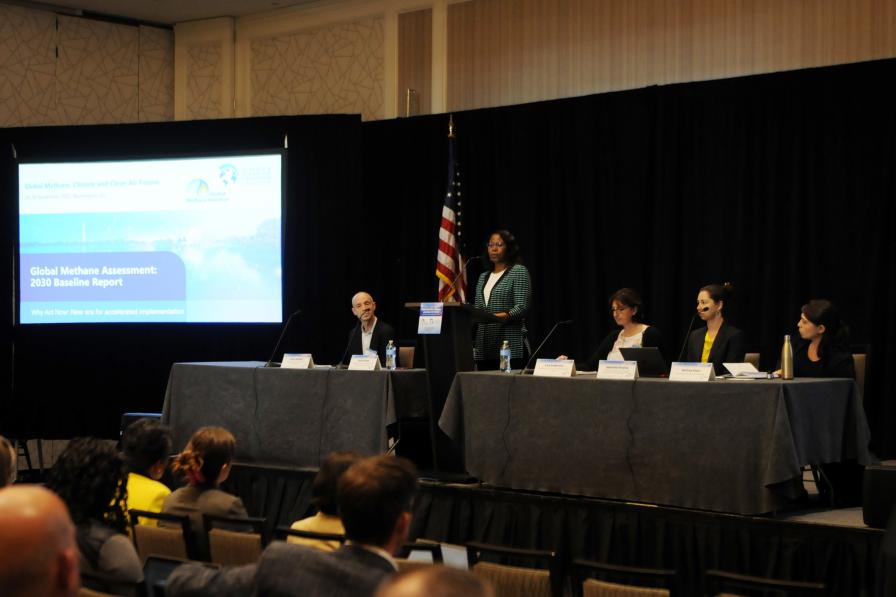
A panel gives a science briefing on the latest methane and short-lived climate pollutants (SLCP) science, including the many benefits of fast action
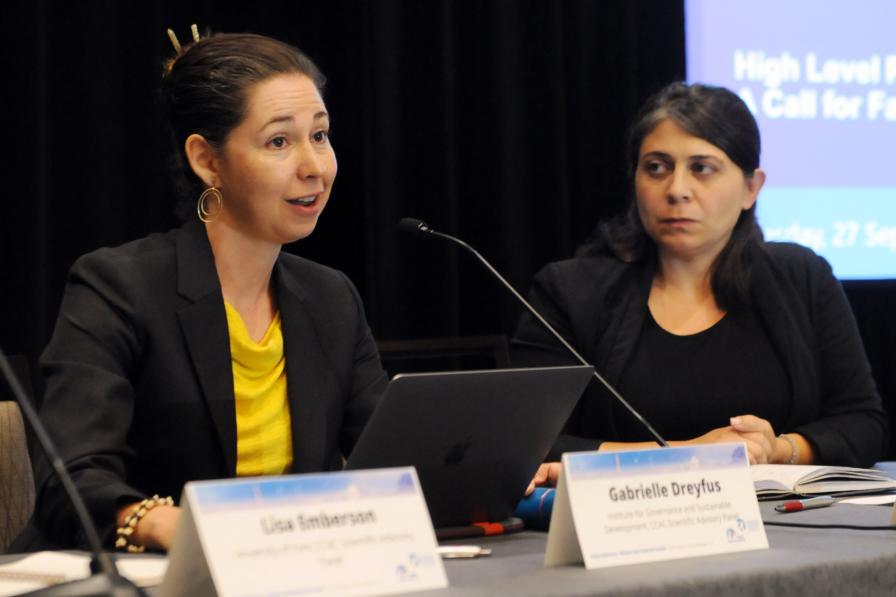
Gabrielle Dreyfus, Institute for Governance and Sustainable Development, and CCAC Scientific Advisory Panel
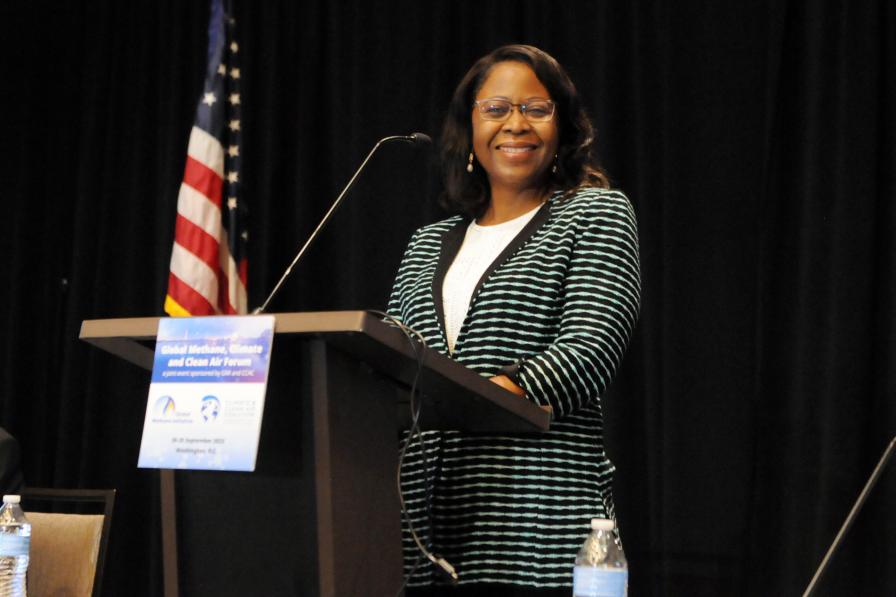
Moderator Cécile Siewe, Acting Associate Assistant Deputy Minister, Environmental Protection Branch, Environment and Climate Change Canada, and Chair, GMI Steering Committee
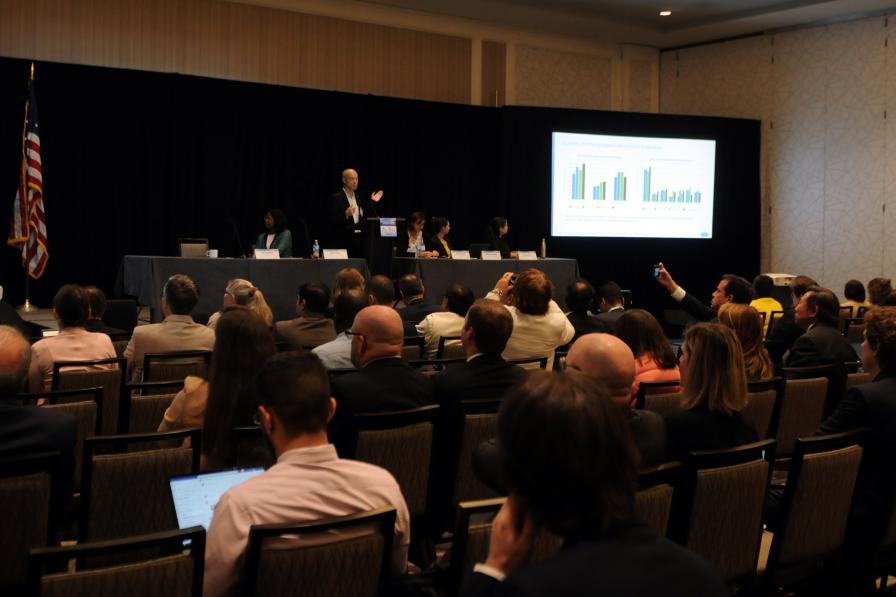
Drew Shindell, Nicholas Professor of Earth Science, Duke University, and Chair, CCAC Scientific Advisory Panel
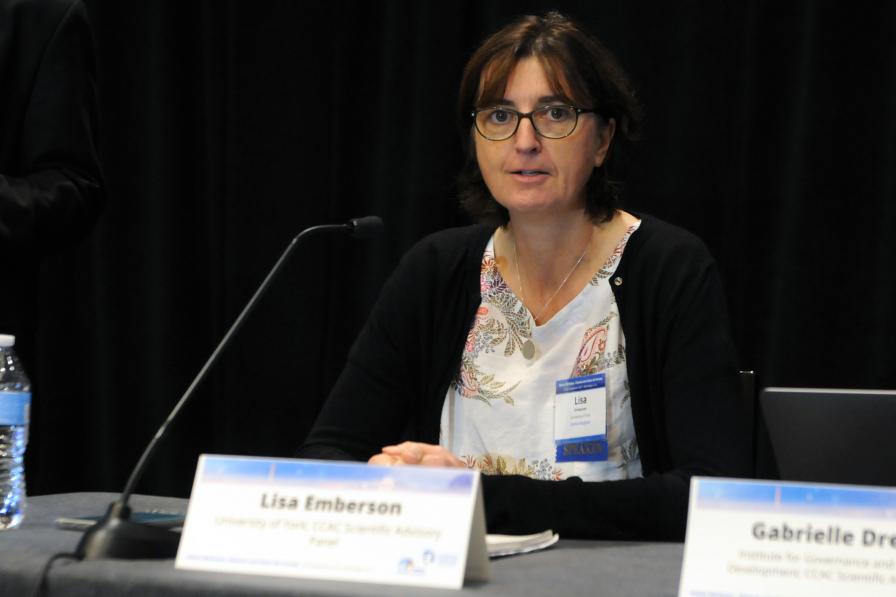
Lisa Emberson, Professor of Environmental Science, University of York, and CCAC Scientific Advisory Panel
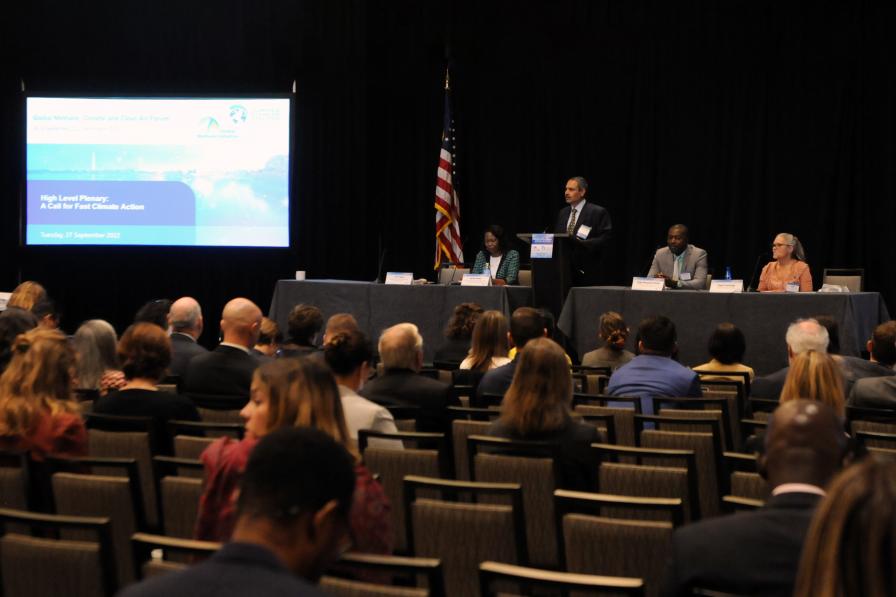
A panel gives policy and planning highlights from countries, including innovative actions, successes, and challenges

